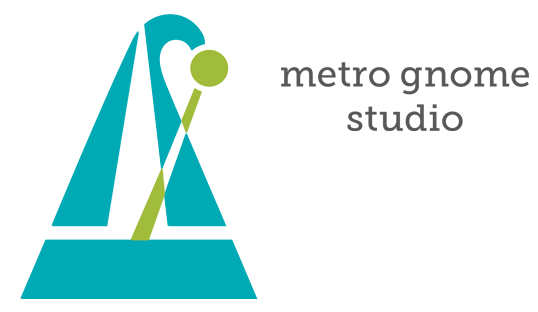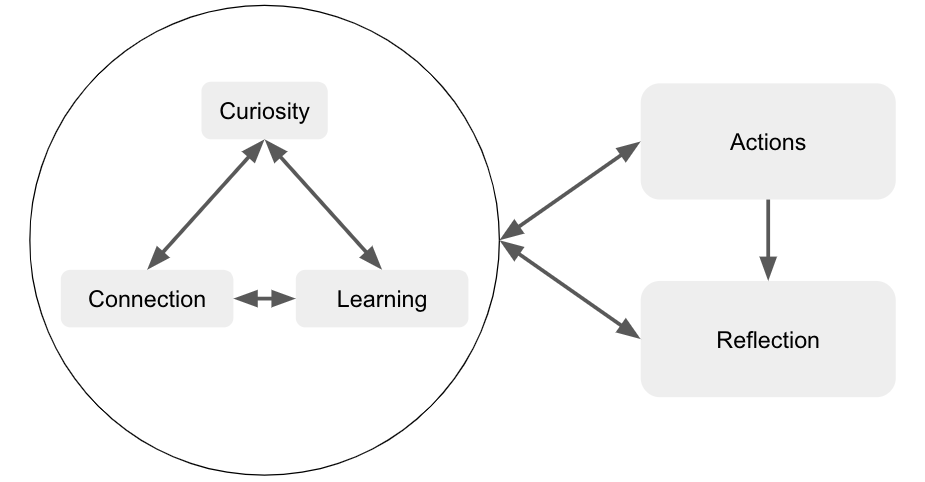Finding My Way
My first-year journey as an anti-racist activist
Angie Tung, Suzuki Piano Teacher, Suzuki Early Childhood Teacher
– jump to selected resources –
Where to start?
“Teaching music is not my main purpose. I want to make good citizens.” – Dr. Shinichi Suzuki
I began my journey as an anti-racist in earnest when George Floyd’s murder in May of 2020 fueled worldwide protests against police brutality. His death, along with the unjust killings of Ahmaud Arbery and Breonna Taylor in succession, sparked fury in me. I had always been a vocal advocate for racial justice, but it wasn’t enough. It was past time to do more.
In the beginning, I didn’t know how to make a tangible difference. I wanted to run this marathon at a sprinting pace as an amateur runner — an impossible goal for anyone. When I talked with colleagues, friends, and family about my efforts, more often than not I summarized what I was doing as “I’m just trying anything…and I don’t know.”
In recent months, I’ve taken time to reflect, to organize all my “anythings”. This shed light on my fumblings. I noticed patterns in the actions that I’d taken (and continue to take) in my anti-racist work. I hope that what I’ve learned might be of use to you.
Curiosity
One thing I knew for certain was that I didn’t know what I didn’t know. So, I asked questions. Each time I was rattled by anger or have felt helpless, I focused that energy into getting curious. As I asked questions, I learned, and what I learned led me to more questions. I found answers in articles, books, opinions, videos, professional training, classes, and conversation with other allies. I made sure to always check that I was learning from trusted, vetted sources.
Connections
Using curiosity as a catalyst, I began connecting with others passionate about this cause in three of my communities: My colleagues at work (I work at a research lab in addition to running my Suzuki studio), Suzuki teacher communities, and my neighbors. In each community I asked these questions:
- What resources are already available to everyone in these communities?
- Who are the DEI (diversity/equity/inclusion) experts here?
- Who are the leaders and influencers?
- What policies are already in place to protect black, indigenous, and people of color (BIPOC) members?
- What policies to protect BIPOC members seem to be missing? Why? Should they be created? How could I help?
- What can I learn from existing resources, experts, and policies already in each community?
I tailored additional questions to each community. For example:
Work: Is there training in equitable hiring practices? What explicit policies do we have in our employee handbook? What are our core values and how do we communicate them? What can our team of researchers do within our projects? Can we design our research tools with DEI in mind, and how? What more can we do to support public schools teachers and students to include them in research opportunities?
Suzuki: Where are ally teachers who are also activists in anti-racism work? Where are conversations on anti-racism happening and how do I participate? What is the general sentiment/feedback from SAA members about anti-racism? What activism is already happening? Where do we need improvements at the SAA organizational level? How can I do better for my students and studio families? What are other teachers doing? What can I do to increase my knowledge, so I can be a more effective teacher for my students?
Neighbors: What is happening locally? What are politicians saying? What policies are they working on? Who are the local election candidates and what are their views on social reform? Which organizations have been fighting this fight before I started?
Cash
I also threw money at this problem. To learn where to make the most impact, I sought answers to questions like these:
- While I’m learning, who can I pay for some of this knowledge? Where are the allies who are active in the fight for racial and social justice?
- Which organizations are already doing anti-racism work? Do they accept financial support?
- How can I ‘vote with my dollars’ in a capitalist system? Am I giving my consumer dollars to companies that are actively working on equity and diversity initiatives? Conversely, am I patronizing businesses that have the ability to support these initiatives, but do not have them?

